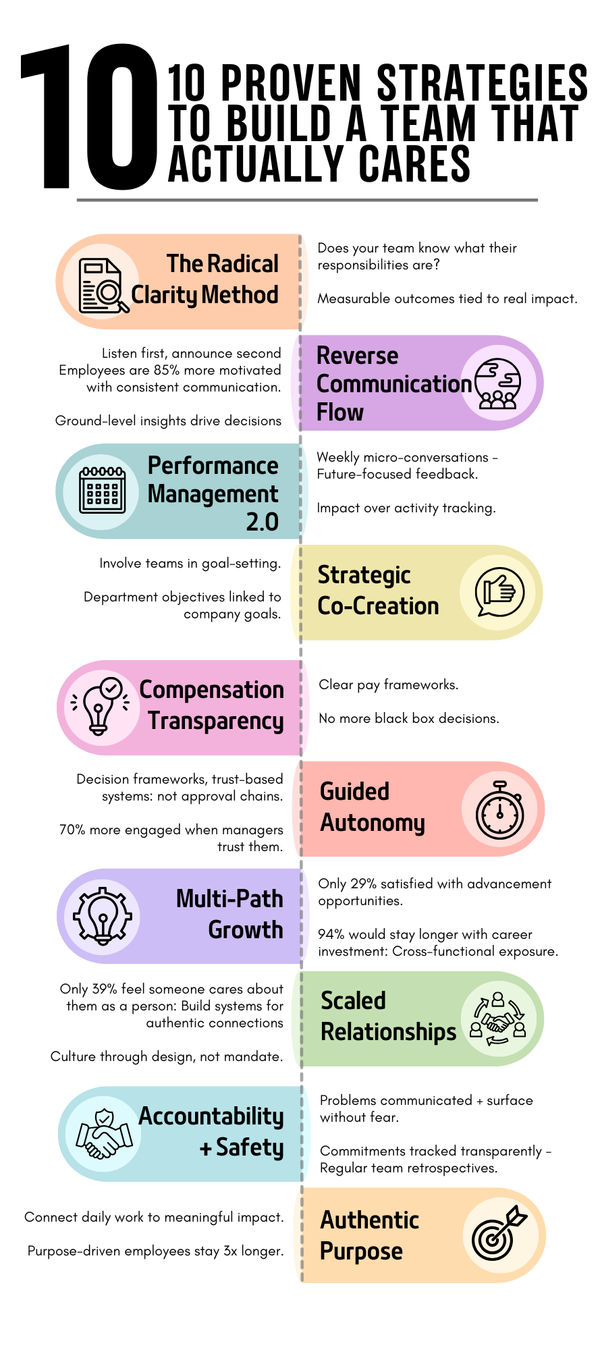
Entrepreneurs are creative by nature. They find solutions for problems people didn't know they had, they think outside of the box when creating unique businesses, and they push ideas, products and services that they believe in. Sometimes, however, entrepreneurs (and people in general) can be their own worst enemies, thanks to self-doubt. Amy Vetter, global vice president of Xero, recently read Elizabeth Gilbert's book, Big Magic: Creative Living Beyond Fear, and pointed out five fundamental lessons for entrepreneurs.
1. Be Courageous
"Do you have the courage to bring forth the treasures that are hidden within you?" Gilbert asks in Big Magic.
Be brave and act upon just one of the many ideas you have. Believe in yourself and your idea. Trust your gut.
"Then take that confidence and act. Speak up, disagree, ask the question everyone else is too afraid to. The more you exercise your courage, the more it will grow," Vetter wrote for Fast Company.
“”
2. Let Curiosity Drive You, Not Fear
"When I refer to 'creative living', I am speaking more broadly," Gilbert writes in her book. "I’m talking about living a life that is driven more strongly by curiosity than by fear."
Let go of the fear that you might not do well, or that people will judge you or see you in a different light. Just go for it! Indulge all areas of your creative energy -- take that art class, learn to play an instrument, reread your favourite children's books. Whatever it is that helps you tap into your creativity, do it.
3. Respect the Idea
"Ideas of every kind are constantly galloping toward us, constantly passing through us, constantly trying to get our attention," Gilbert writes in Big Magic. "Ideas have no material body, but they do have consciousness, and they most certainly have will. Ideas are driven by a single impulse: to be made manifest."
There's an ideology in the business world that states the execution is much more important than the idea itself. Gilbert, however, says it's the spirit of the idea that needs to be respected.
That means, when the time is right to act upon the idea, you can't just leave it on the sidelines. Otherwise, you risk losing that idea to another person.
4. Build a Support Group of Peers
The creative process is often a lonely one, so it will serve you well to build a support group of like-minded peers to support you in your creative endeavours.
Gilbert recalls meeting a group of writers in her twenties: "We had selected one another carefully, thereby precluding the killjoys and bullies who show up in many workshops to stomp on people’s dreams. We came to know each other’s voices and hang-ups, and we helped each other to work through our specific habitual obstacles."
Being part of a network of people can lead to the support of ideas, accountability, and amazing brainstorming sessions.
5. Frustration is Part of the Process
"Frustration is not an interruption of your process; frustration is the process," Gilbert writes in Big Magic.
Every endeavour, creative or otherwise, is going to get frustrating at times. You'll hit rough patches and roadblocks that will make you want to throw in the towel. However, these moments of frustrations might just be what leads you to growth or that a-ha moment. It's how you treat these moments that can define your own creative process. If you need to walk away, then do so, temporarily. But don't give up on the idea or lose faith in the process.










Member discussion